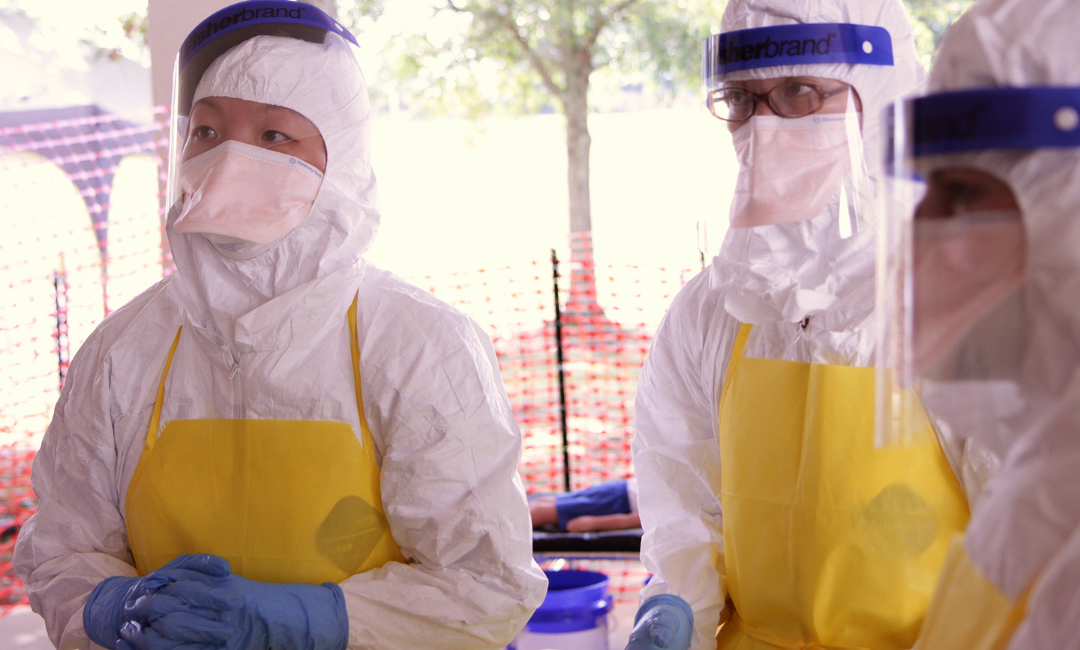Education and Workforce Landscape
There are more than 100 accredited nurse anesthesia programs and fellowships, according to the most recent data from the Council on Accreditation. However, the Wilmington University program is awaiting its accreditation and cannot yet accept students.
Wells told Delaware Public Media that the program is more than a pipeline for ChristianaCare to pull CRNAs from. The “specialty concentration” will fill a “growing need nationally” as well as within the state.
“There’s a shortage of CRNAs, of anesthesiologists,” Wells said. “Many are nearing retirement. Some of those healthcare services are hit hardest in the rural communities, and therefore you see just exacerbated healthcare disparity.”
What’s the Issue in D.C.?
The D.C. Department of Health issued a Notice of Proposed Rulemaking that would allow CRNAs to use the “nurse anesthesiologist” title.
Current D.C. statutes state that CRNAs can “plan and deliver anesthesia, pain management, and related care to patients or clients of all health complexities across the lifespan” either independently or in “collaborative interaction with other healthcare professionals.”
Also Citing D.C. statute, the AMA has argued that the term “anesthesiologist” is only to be used for “those authorized to practice medicine.” The AMA stated in an October letter to the health department that the term “nurse anesthesiologist” is “misleading and confusing to patients.”
“As the various types of health care professionals continue to increase, it is no surprise that there is often confusion among the public about who is providing health care,” James L. Madara, M.D., wrote. “Despite the increased confusion, the good news is that patients do recognize the distinction between the terms ‘anesthesiologist’ and ‘certified registered nurse anesthetist.’”
Madara cited a recent AMA study that found 70% of patients said an “anesthesiologist” was a physician and 71% said a “nurse anesthetist” was not a physician.
He also cited the differences in education between CRNAs and anesthesiologists.









